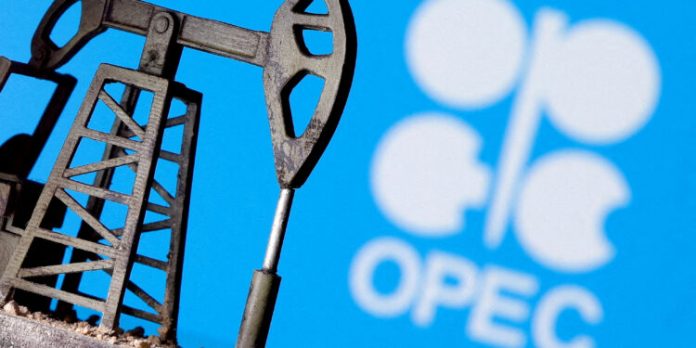OPEC+ has announced plans to raise oil output by 137,000 barrels per day starting next month, as part of a broader supply increase of 1.65 million barrels per day.
This move, aimed at strengthening the cartel’s market share, comes at a challenging time for Nigeria, Africa’s largest oil producer. With crude prices falling below the Federal Government’s benchmark of $75 per barrel, Nigeria’s budgetary projections and foreign exchange earnings are under pressure.
The Paris-based International Energy Agency (IEA) has warned of a potential supply glut next year due to rising output from the Americas and weaker demand from China. Analysts, including Goldman Sachs, predict Brent crude could slip to the low $50s per barrel in 2026.
For Nigeria, where oil accounts for 80% of foreign exchange and over half of government revenue, the stakes are high. The country has exceeded its OPEC quota in recent months, helped by improved security and higher production from the Dangote refinery, but still struggles with falling prices.
Meanwhile, India has increased purchases of Nigerian crude, securing over two million barrels for delivery later this year. This reflects Nigeria’s ongoing relevance in the global energy market despite pricing and quota challenges.
As OPEC+ balances market supply and demand, Nigeria faces a critical test in sustaining production levels and protecting its fiscal stability.

